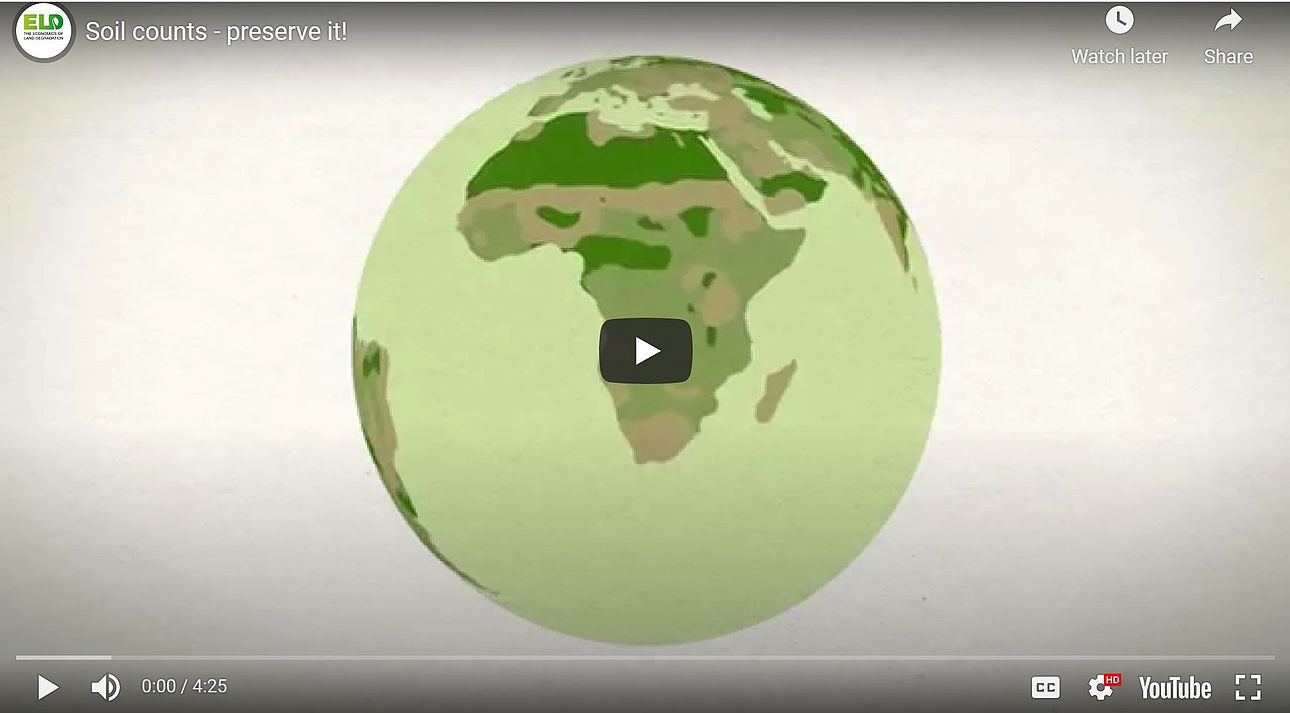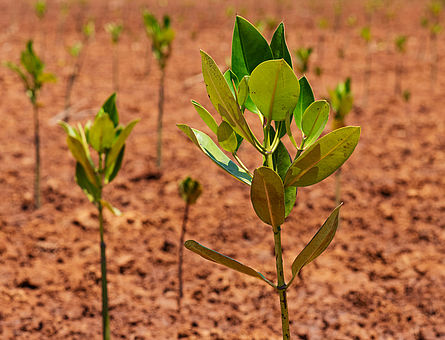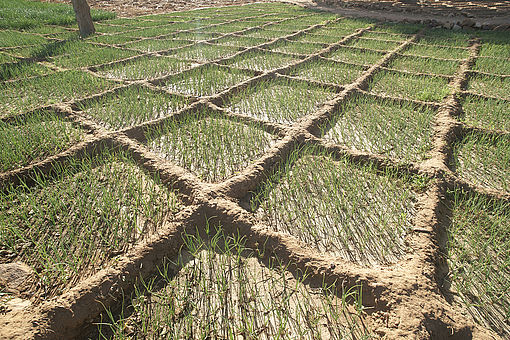Why value land?
Economics provides a common language.
Using economics to value and account for ecosystem goods and services has the potential to show the true values of land to stakeholders from all sectors.
It can make the economic and business case for investing in sustainable land management.
Considering land issues from an economic dimension involves measuring and valuing all of the benefits of land and its land-based ecosystems as well as the services they provide, including what losses are incurred when they are degraded.
Land matters... but it is increasingly at risk of degradation.
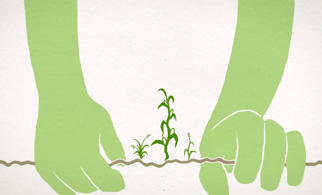
Land and land-based resources underpin our economy, society and very existence. However, terrestrial ecosystems and their services are threatened by land degradation, deforestation and desertification.
1/3 of total global land is degraded due to agriculture (UNCCD, Data and Facts about Recent Assessments of Land Degradation; IPBES, Land Degradation and Restoration, 2018).
75% of terrestrial environment is “severely altered” by human action (IPBES 2018).
A key driver of land degradation is the failure to account for land and its natural capital in economic policies around the world.
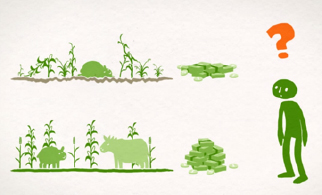
Currently, our global economic system already places economic values on the natural world. The problem is that the price placed on many parts of the natural world – ecosystems, biodiversity – is effectively zero.
Our economies value many elements of the natural world at close to zero because we have failed to measure, understand and account for the true value of nature’s riches – clean air and water, soil and pollination for food. Without our deliberate intervention to value nature, markets remain largely blind to these benefits, and so we consume them to the point of destruction.
valuing land provides a solution
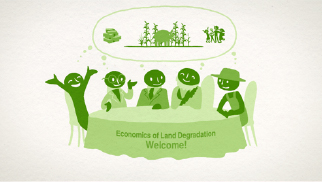
Measuring the values of land allows us to understand the value of what is gained when we take action to improve soil fertility or waterways, or what is lost when development decisions blindly destroy mangroves or rainforests are treated as 'free-for-all' zones.
This is where ELD comes in: We reveal the true value of abandoning business-as-usual in favour of sustainable land management.
Driven by the issue of land degradation and the need to address it, ELD highlights the economic dimension of soil and terrestrial ecosystem services in order to provide methods for valuing land accurately and promote investment in sustainable land management.
Find out more

